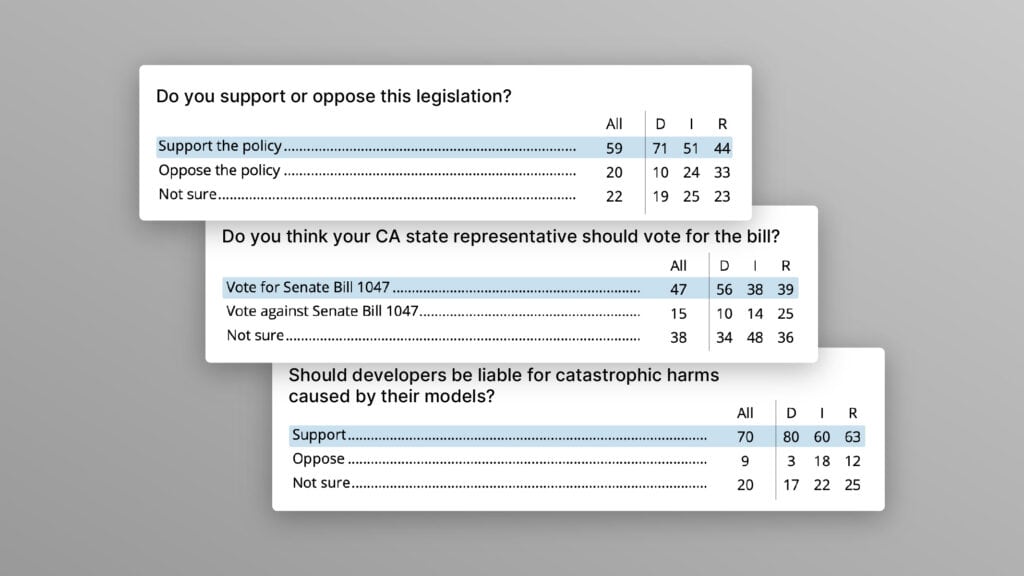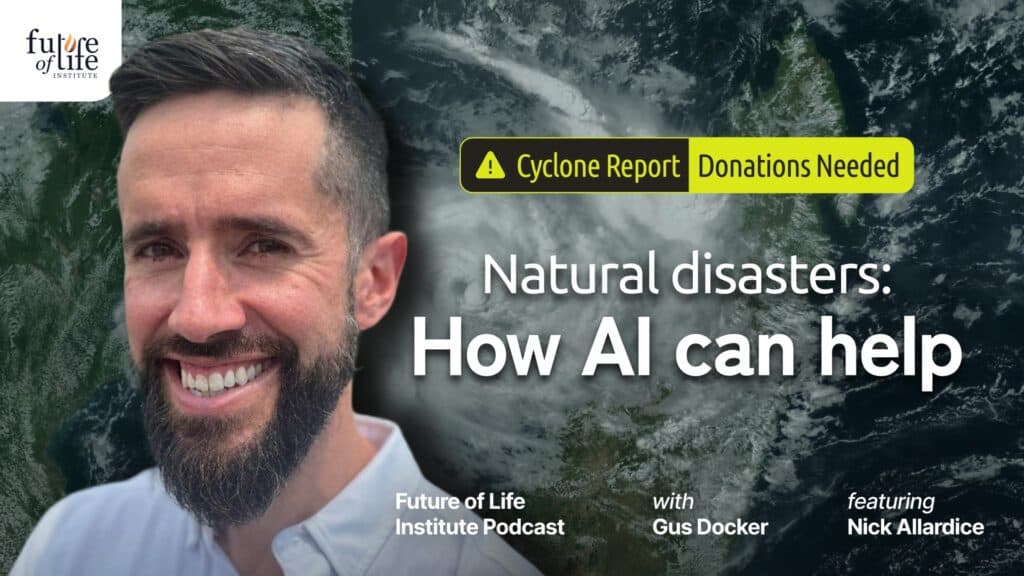US Government Releases Its Latest Climate Assessment, Demands Immediate Action

Contents
At the end of last week, amidst the flurry of holiday shopping, the White House quietly released Volume II of the Fourth National Climate Assessment (NCA4). The comprehensive report, which was compiled by the United States Global Change Research Program (USGCRP), is the culmination of decades of environmental research conducted by scientists from 13 different federal agencies. The scope of the work is truly striking, representing more than 300 authors and encompassing thousands of scientific studies.
Unfortunately, the report is also rather grim.
If climate change continues unabated, the assessment asserts that it will cost the U.S. economy hundreds of billions a year by the close of the century — causing some $155 billion in annual damages to labor and another $118 billion in damages to coastal property. In fact, the report notes that, unless we immediately launch “substantial and sustained global mitigation and regional adaptation efforts,” the impact on the agricultural sector alone will reach billions of dollars in losses by the middle of the century.
Notably, the NCA4 authors emphasize that these aren’t just warnings for future generations, pointing to several areas of the United States that are already grappling with the high economic cost of climate change. For example, a powerful heatwave that struck the Northeast left local fisheries devastated, and similar events in Alaska have dramatically slashed fishing quotas for certain stocks. Meanwhile, human activity is exacerbating Florida’s red tide, killing fish populations along the southwest coast.
Of course, the economy won’t be the only thing that suffers.
According to the assessment, climate change is increasingly threatening the health and well-being of the American people, and emission reduction efforts could ultimately save thousands of lives. Young children, pregnant women, and aging populations are identified as most at risk; however, the authors note that waterborne infectious diseases and global food shortages threaten all populations.
As with the economic impact, the toll on human health is already visible. For starters, air pollution is driving a rise in the number of deaths related to heart and lung problems. Asthma diagnoses have increased, and rising temperatures are causing a surge in heatstroke and other heat-related illnesses. And the report makes it clear that the full extent of the risk extends well beyond either the economy or human health, plainly stating that climate change threatens all life on our planet.
Ultimately, the authors emphasize the immediacy of the issue, noting that without immediate action, no system will be left untouched:
“Climate change affects the natural, built, and social systems we rely on individually and through their connections to one another….extreme weather and climate-related impacts on one system can result in increased risks or failures in other critical systems, including water resources, food production and distribution, energy and transportation, public health, international trade, and national security. The full extent of climate change risks to interconnected systems, many of which span regional and national boundaries, is often greater than the sum of risks to individual sectors.”
Yet, the picture painted by the NCA4 assessment is not entirely bleak. The report suggests that, with a concerted and sustained effort, the most dire damage can be undone and ultimate catastrophe averted. The authors note that this will require international cooperation centered on a dramatic reduction in global carbon dioxide emissions.
The 2015 Paris Agreement, in which 195 countries put forth emission reduction pledges, represented a landmark in international effort to curtail global warming. The agreement was designed to cap warming at 2 degrees Celsius, a limit scientists then believed would prevent the most severe and irreversible effects of climate change. That limit has since been lowered to 1.5 degrees Celsius. Unfortunately, current models predict that the even if countries hit their current pledges, temperatures will still climb to 3.3 degrees Celsius by the end of the century. The Paris Agreement offers a necessary first step, but in light of these new predictions, pledges must be strengthened.
Scientists hope the findings in the National Climate Assessment will compel the U.S. government to take the lead in updating their climate commitments.
About the Future of Life Institute
The Future of Life Institute (FLI) is a global think tank with a team of 20+ full-time staff operating across the US and Europe. FLI has been working to steer the development of transformative technologies towards benefitting life and away from extreme large-scale risks since its founding in 2014. Find out more about our mission or explore our work.
Related content
Other posts about Climate & Environment, Recent News

The U.S. Public Wants Regulation (or Prohibition) of Expert‑Level and Superhuman AI

Poll Shows Broad Popularity of CA SB1047 to Regulate AI


